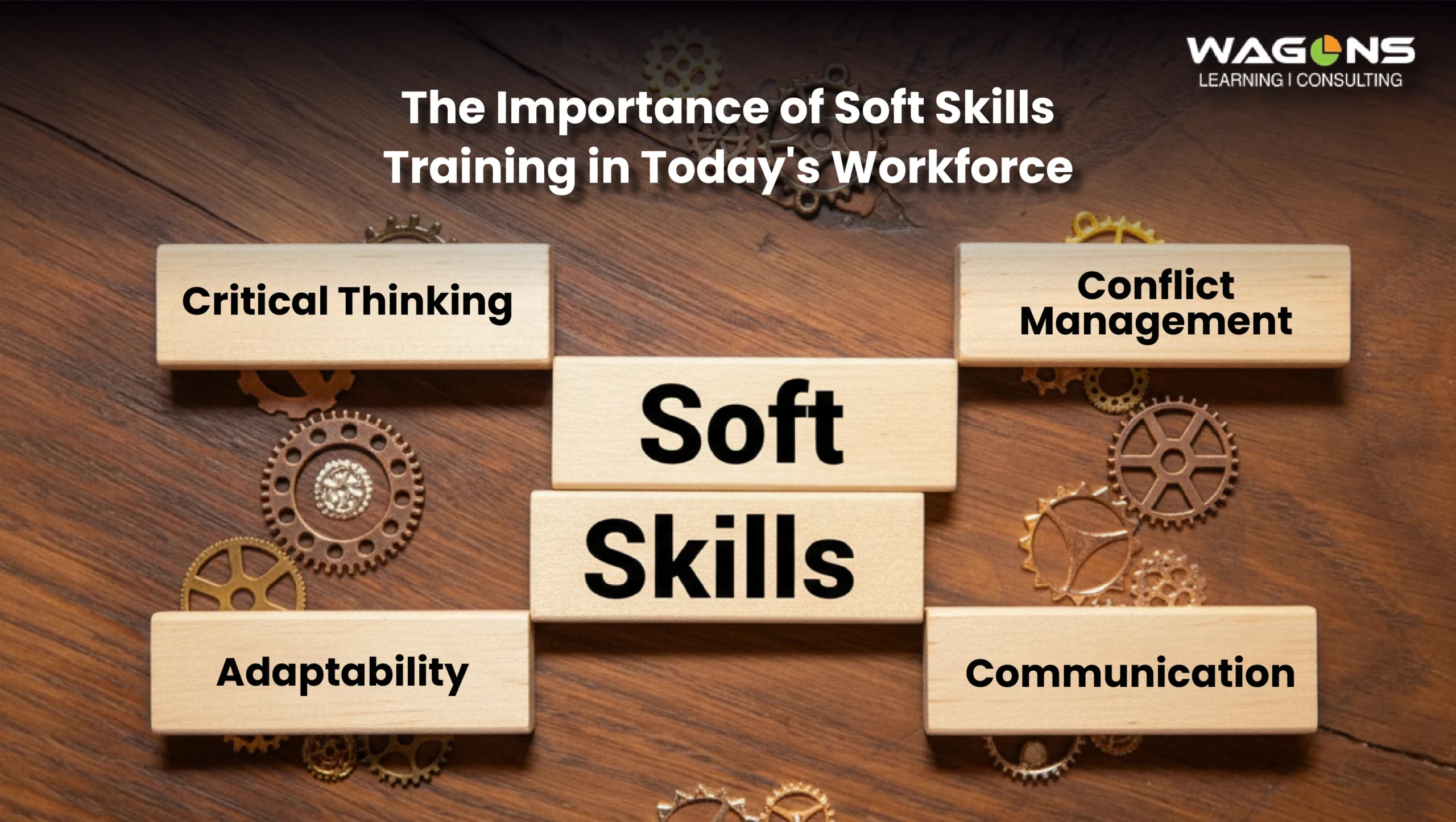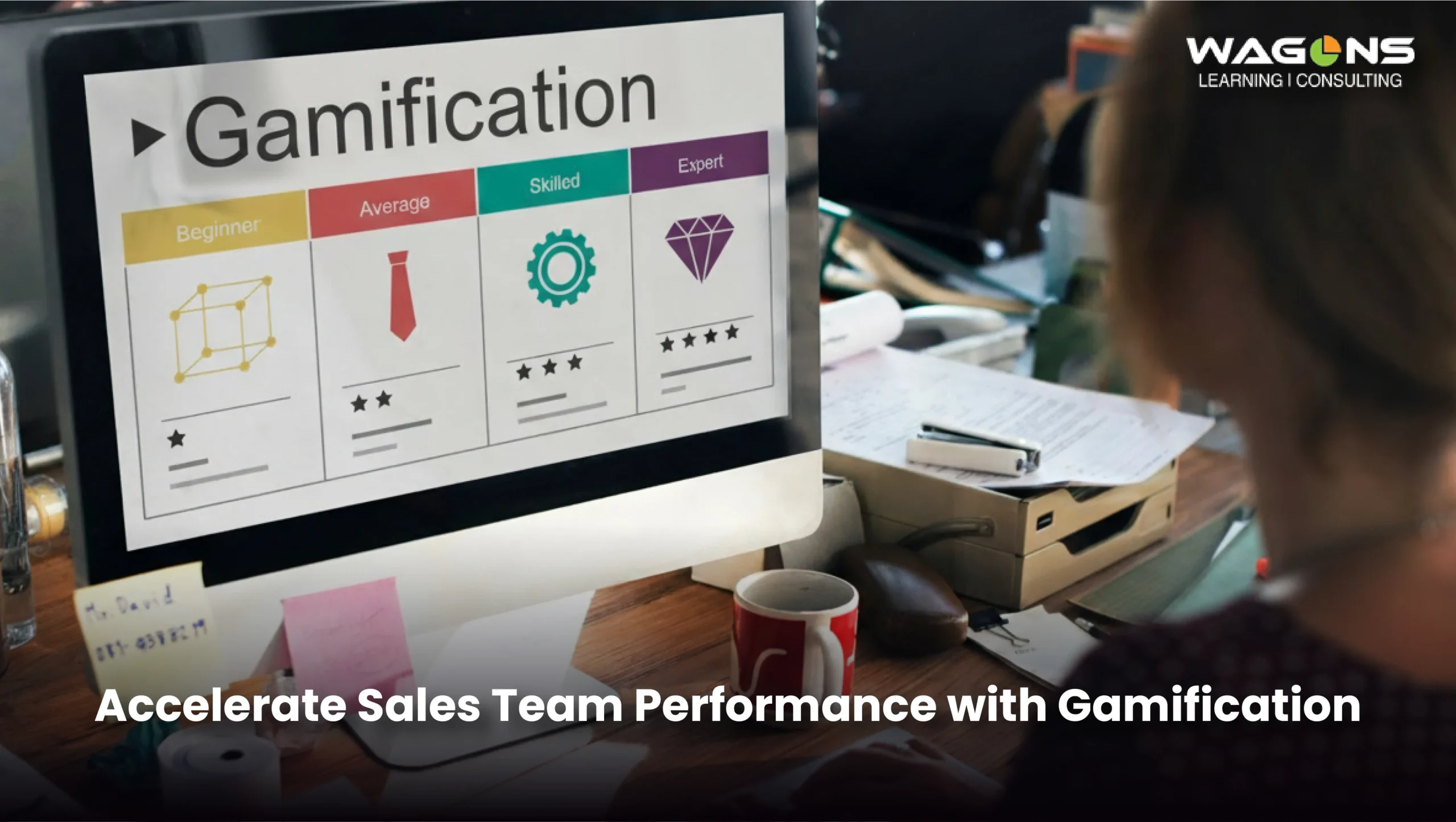Leaders with high emotional intelligence drive 20% better business results than their low-EQ counterparts. This isn’t just corporate psychology, it’s hard data from Harvard Business Review’s analysis of 3,000+ executives across multiple industries.
Traditional leadership skills like strategic thinking and technical expertise remain important. However, they’re no longer sufficient for modern leadership challenges.
Today’s leaders navigate complex team dynamics, remote work environments, and unprecedented workplace stress levels. Emotional intelligence in leadership has become the critical differentiator between managers who simply oversee tasks and leaders who truly inspire teams to achieve extraordinary results.
The question isn’t whether you need emotional intelligence, it’s how quickly you can develop these skills before your competition does.
What is Emotional Intelligence for Leaders? (The 5 Core Skills)
Emotional intelligence for leaders encompasses five distinct competencies that directly impact team performance and organizational success. Understanding these components helps leaders identify specific areas for development rather than treating EQ as a vague concept.
1. Self-Awareness: The Foundation of Emotionally Intelligent Leadership
Self-aware leaders recognize their emotional patterns and understand how these emotions affect their decision-making process. They identify personal triggers before they escalate into problematic behaviors.
Research from the Center for Creative Leadership shows that 75% of careers are derailed due to lack of emotional competence, primarily stemming from poor self-awareness.
Practical self-awareness involves:
- Recognizing your default emotional responses to specific situations
- Understanding how your mood influences team interactions
- Identifying personal biases that affect judgment calls
- Acknowledging your strengths and developmental areas honestly
Leaders who master self-awareness make more consistent decisions and maintain credibility even during challenging periods.
2. Self-Regulation: Managing Your Impulses and Leading with Composure
Self-regulation separates reactive managers from composed leaders. This skill involves managing emotional responses appropriately rather than eliminating emotions entirely.
Effective self-regulation manifests through:
- Pausing before responding to criticism or conflict
- Maintaining professional composure during high-stress situations
- Adapting communication style based on audience needs
- Managing personal frustration without impacting team morale
Leaders who demonstrate consistent self-regulation create psychological safety for their teams, encouraging open communication and innovative thinking.
3. Motivation: Driving Performance with Passion and Purpose
Emotionally intelligent leaders possess intrinsic motivation that extends beyond personal advancement. They connect daily tasks to larger organizational purposes and inspire others to find meaning in their work.
Key motivation indicators include:
- Pursuing goals for personal satisfaction rather than external rewards
- Maintaining optimism during setbacks and challenges
- Demonstrating commitment to continuous learning and improvement
- Setting challenging but achievable standards for themselves and others
This internal drive becomes contagious, elevating entire team performance levels without relying on external incentives alone.
4. Empathy: Understanding and Responding to Your Team’s Needs
Empathy in leadership qualities involves accurately reading others’ emotions and responding appropriately to those emotional cues. This doesn’t mean agreeing with everyone or avoiding difficult conversations.
Empathetic leaders excel at:
- Recognizing when team members are struggling before they ask for help
- Tailoring communication style to individual team member preferences
- Understanding cultural and generational differences in workplace expectations
- Providing support that matches what team members actually need
Teams led by empathetic managers show 50% lower turnover rates and report significantly higher job satisfaction scores.
5. Social Skills: Building Rapport and Inspiring Action
Social skills encompass the ability to manage relationships and build networks that support organizational objectives. These skills become increasingly critical as leadership responsibilities expand.
Essential social skills include:
- Facilitating productive team meetings and discussions
- Building consensus around difficult decisions
- Communicating vision in ways that inspire action
- Managing up, down, and across organizational hierarchies effectively
Leaders with strong social skills create collaborative environments where diverse perspectives contribute to better solutions.
The Importance of Emotional Intelligence in Leadership: Key Benefits
Data consistently demonstrates that emotional intelligence in the workplace generates measurable business outcomes. These benefits extend far beyond improved workplace relationships into concrete performance metrics.
Enhancing Team Performance and Employee Engagement
Teams led by emotionally intelligent managers consistently outperform those under traditional command-and-control leadership styles. Gallup research indicates that managers account for 70% of variance in employee engagement scores.
Specific performance improvements include:
- 25% increase in team productivity when leaders demonstrate high EQ
- 40% improvement in customer satisfaction scores
- 18% increase in sales performance for teams with emotionally intelligent leaders
- 67% reduction in safety incidents due to improved communication
These results occur because emotionally intelligent leaders create environments where team members feel valued, understood, and motivated to contribute their best efforts.
Improving Decision-Making Under Pressure
Emotional intelligence in leadership directly impacts decision quality during high-stress situations. Leaders who manage their emotional responses make more rational choices and consider broader implications of their decisions.
Decision-making improvements include:
- Reduced bias in hiring and promotion decisions
- Better risk assessment during uncertain situations
- More creative problem-solving approaches
- Increased willingness to admit mistakes and adjust course when necessary
Organizations benefit from leaders who can think clearly during crisis situations rather than making reactive decisions that require correction later.
Strengthening Conflict Resolution and Communication
Workplace conflicts are inevitable, but their resolution depends heavily on leadership and emotional intelligence. Leaders who understand emotional dynamics can address conflicts before they escalate into organizational disruptions.
Effective conflict resolution involves:
- Identifying underlying emotional issues driving surface-level disagreements
- Creating safe spaces for difficult conversations
- Finding win-win solutions that address multiple stakeholder needs
- Following up to ensure conflicts remain resolved
Teams experience less workplace stress and spend more time on productive activities when conflicts are handled skillfully.
Boosting Employee Retention and Loyalty
Employee turnover costs organizations an average of $15,000 per departed employee when considering recruitment, training, and productivity losses. Emotional intelligence for leaders directly impacts retention rates.
Retention benefits include:
- 40% reduction in voluntary turnover for high-EQ managers
- Increased employee referrals from satisfied team members
- Higher internal promotion rates due to improved employee development
- Stronger employer brand reputation in competitive talent markets
Organizations with emotionally intelligent leadership report significantly lower recruitment costs and higher employee lifetime value.
How to Develop Your Emotional Intelligence Skills as a Leader
Emotional intelligence training requires intentional practice and sustained effort rather than one-time learning events. These development strategies help leaders build EQ skills systematically over time.
Practice Mindfulness and Self-Reflection
Mindfulness practices increase self-awareness by helping leaders recognize emotional patterns and triggers in real-time. Regular self-reflection deepens understanding of how emotions impact leadership effectiveness.
Practical mindfulness techniques include:
- Daily five-minute meditation sessions focusing on emotional awareness
- Keeping an emotion journal to track patterns and triggers
- Regular body scans to identify physical manifestations of stress or tension
- Mindful breathing exercises before important meetings or difficult conversations
Self-reflection questions for leaders:
- How did my emotional state influence today’s key decisions?
- What triggered my strongest emotional responses this week?
- When did I handle challenging situations particularly well or poorly?
- What emotional patterns do I notice in my interactions with different team members?
Consistent mindfulness practice helps leaders respond rather than react to challenging situations.
Seek 360-Degree Feedback from Peers and Direct Reports
External perspectives reveal blind spots that self-assessment cannot identify. 360-degree feedback provides comprehensive insights into how others experience your emotional intelligence skills.
Effective feedback processes include:
- Anonymous surveys allowing honest input without fear of retaliation
- Specific questions about emotional intelligence competencies rather than general leadership effectiveness
- Regular feedback cycles rather than annual reviews only
- Professional facilitation to ensure constructive interpretation of results
Key areas for 360-degree assessment:
- How well do you read others’ emotional states during meetings?
- Do team members feel comfortable bringing problems or concerns to you?
- How effectively do you manage your own stress during busy periods?
- Do you demonstrate consistent emotional responses across different situations?
Acting on feedback demonstrates commitment to growth and builds trust with team members.
Engage in Emotional Intelligence Training and Coaching
Professional development accelerates EQ skill building through structured learning experiences and expert guidance. Leadership training programs focused on emotional intelligence provide frameworks and practice opportunities.
Training components should include:
- Assessment tools to identify current EQ strengths and development areas
- Role-playing exercises to practice new skills in safe environments
- Video analysis of actual leadership interactions for skill improvement
- Peer learning opportunities with other developing leaders
- Ongoing coaching support for skill application in workplace situations
Look for programs that emphasize practical application rather than theoretical knowledge alone. The most effective emotional intelligence training for new managers combines learning with immediate workplace implementation.
Group training benefits:
- Learning from diverse leadership challenges and solutions
- Building networks of emotionally intelligent leaders across organizations
- Sharing best practices and lessons learned
- Creating accountability partnerships for continued development
Individual coaching advantages:
- Personalized development plans based on specific leadership context
- Confidential space to discuss sensitive leadership challenges
- Real-time feedback on emotional intelligence skill application
- Customized practice exercises targeting individual development areas
Measuring Your Emotional Intelligence Progress
Developing emotional intelligence in leadership requires consistent measurement to ensure progress and identify areas needing additional focus. Tracking methods help maintain development momentum.
Quantitative measures include:
- Employee engagement scores from direct reports
- 360-degree feedback improvements over time
- Team performance metrics and productivity trends
- Employee retention rates and voluntary turnover data
Qualitative indicators include:
- Increased comfort with difficult conversations
- More positive responses to change initiatives
- Improved collaboration across departments
- Enhanced ability to inspire and motivate others
Regular progress reviews help maintain focus on continuous emotional intelligence development throughout leadership careers.
Advanced Emotional Intelligence Applications
As leadership qualities evolve, advanced EQ applications become increasingly important for senior leadership positions and complex organizational challenges.
Cross-cultural emotional intelligence:
- Understanding cultural differences in emotional expression
- Adapting leadership style for diverse global teams
- Managing virtual team dynamics across time zones and cultures
Organizational emotional intelligence:
- Reading and influencing organizational culture
- Managing large-scale change initiatives with emotional sensitivity
- Building emotional intelligence capabilities throughout leadership pipelines
Crisis leadership emotional intelligence:
- Maintaining composure during organizational emergencies
- Communicating effectively during uncertain situations
- Supporting team resilience during extended difficult periods
These advanced applications distinguish truly exceptional leaders from competent managers in increasingly complex business environments.
Take the Next Step with Expert Leadership Training
Developing emotional intelligence is a journey that requires commitment, practice, and expert guidance. New managers and seasoned executives alike benefit from targeted training that accelerates EQ skill development.
The benefits of emotional intelligence in leadership compound over time, creating lasting competitive advantages for both individual leaders and their organizations. Teams led by emotionally intelligent managers consistently outperform those under traditional leadership approaches.
However, EQ development cannot happen through reading alone. It requires structured practice, feedback, and ongoing refinement of skills in real workplace situations.
Professional leadership training programs provide the frameworks, practice opportunities, and expert coaching necessary for sustained emotional intelligence growth. These investments pay dividends through improved team performance, higher employee retention, and enhanced organizational culture.
The question isn’t whether you need to develop emotional intelligence, it’s how quickly you can build these critical leadership capabilities to stay ahead in an increasingly competitive business environment.
Your team’s success depends on your commitment to becoming a more emotionally intelligent leader. The time to begin this development journey is now.





